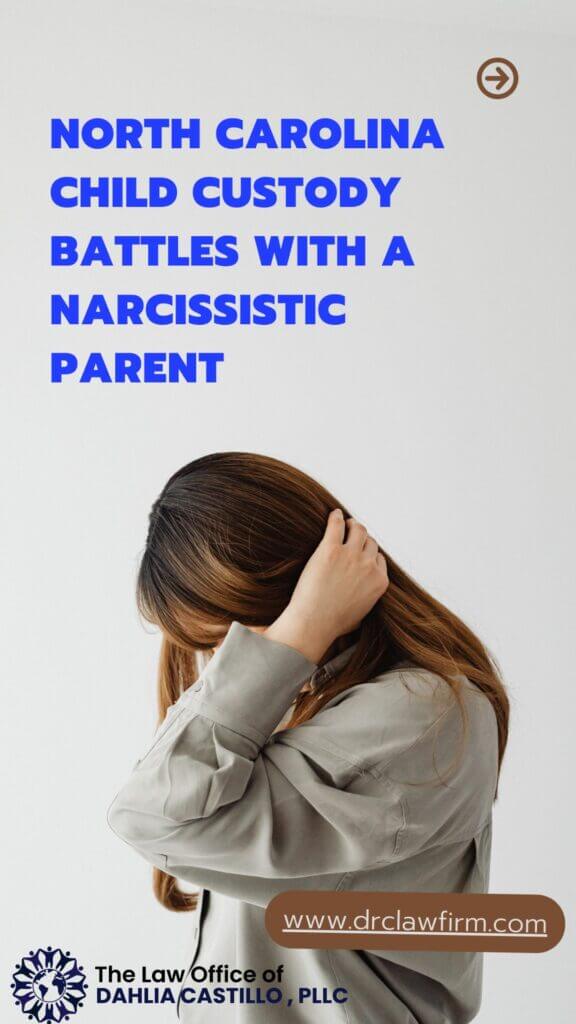Child custody battles can be emotionally charged and complex, especially when one parent exhibit narcissistic traits. The process of determining child custody can become even more difficult. In such cases, the well-being of the child becomes paramount, and legal strategies must be approached with careful consideration. While each child-sharing plan is unique, any arrangement involving a narcissist will require specialized components to try and mitigate potential issues associated with this type of personality disorder.
Understanding how to detail with child custody negotiations with a narcissist may require additional meticulous preparation on your part. One of the biggest challenges of battling for custody with a high conflict personality is that they often do not play fair. There are a lot of tactics that a narcissist may try to employ to manipulate the custody in their favor.
A narcissist parent believes they are always right, and the best parent to have custody of the child over the other parent when in reality, they may not be the best fit parent to your children. As a lawyer practicing family law and child custody cases in Cumberland, Harnett and Wake counties North Carolina, you understand the unique challenges that come with these situations. In this blog, we will explore the dynamics of North Carolina child custody battles involving narcissistic parents and provide insights into effective legal approaches.
Identifying Narcissistic Traits:
Narcissistic parents often exhibit behaviors characterized by an inflated sense of self-importance, a lack of empathy, manipulation, and an overwhelming need for control. A narcissistic parent (especially if he/she is a US citizen and the other parent is an undocumented immigrants) may use the other parents immigration status to manipulate them and control them . These traits can significantly impact the child’s emotional and psychological well-being, making the custody battle even more complex.
Building a Strong Case:
When dealing with a narcissistic parent in a child custody battle, it is crucial to gather substantial evidence that highlights their behavior and its potential impact on the child. Document instances of manipulation, emotional abuse, and neglect, and consider enlisting the help of mental health professionals to assess the parent’s suitability for child custody. It is not your job to diagnose your ex-partner. In fact, doing so could backfire and make you appear slanderous or judgmental. Instead, make a record of the disturbing behaviors, present it to the court and let the judge his or her own conclusions.
Child-Centric Approach:
Our expertise in family law equips you to emphasize the best interests of the child. Courts in Cumberland, Wake and Harnett counties North Carolina prioritize the child’s well-being when making custody decisions. By focusing on how the narcissistic parent’s behavior may adversely affect the child’s physical and emotional development, we will help you can build a compelling case that supports your client’s custody goals.
Utilizing Expert Witnesses:
In child custody battles involving narcissistic parents, expert witnesses, such as psychologists or therapists, can provide valuable insights. Their professional assessments can help establish the psychological impact of the narcissistic parent’s behavior on the child, offering a well-rounded perspective that the court can consider.
Managing High-Conflict Situations:
Given our experience in immigration law and our bilingual office assistant who serves Spanish-speaking clients, you are well-equipped to handle high-conflict situations. When dealing with narcissistic parents, emotions can run high. Your ability to provide clear communication, compassionate guidance, and legal expertise is vital in helping your clients navigate these challenging circumstances.
Working within North Carolina’s Legal Framework:
Familiarity with North Carolina’s laws regarding child custody is crucial. It is important to remember that you are not alone. It may also be beneficial for you to enlist the help Attorney Dahlia Castillo to assist you through this process and in your own language. Our child custody lawyer Dahlia Castillo represents clients in Wake, Cumberland, and Harnett counties. She will assistant you tailor your approach to the specific legal nuances of each jurisdiction. Leverage your knowledge of local regulations to create a strategic plan that aligns with your client’s objectives.
Conclusion:
At the Law Office of Dahlia Castillo, our team has experienced many cases involving difficult personalities. We understand the frustration and anger that can arise when the other parent in a child custody case tries to lie or deceive the courts, especially when it involves your child. Child custody battles involving narcissistic parents demand a comprehensive legal strategy that prioritizes the child’s well-being while navigating complex emotional dynamics. Our background in immigration, child custody, and divorce law, along with our proficiency in assisting immigrant clients in Spanish, uniquely positions attorney Dahlia Castillo to guide families through these challenging times. By combining legal expertise, compassion, and a child-centric approach, lawyer Dahlia Castillo can help you achieve the best possible outcome for your children.
Contact the Law Office of Dahlia Castillo for legal assistance regarding your child support case in North Carolina. North Carolina child support attorney Dahlia Castillo offers legal representation and assistance for immigrant parents. Attorney Castillo, an immigrant mother herself, also speaks Spanish and provides a bilingual consultation service. We offer consultations in-person at one of our offices in Fayetteville, North Carolina and Fuquay Varina, North Carolina and by Zoom with attorney Dahlia Castillo. Contact our office at 910-484-3245 to schedule a consultation with attorney Dahlia Castillo. Our bilingual team will answer your questions and explain your options or click here to schedule a consultation online.
Disclaimer: This Blog is made available by the lawyer or law firm publisher for educational purposes only as well as to give you general information and a general understanding of the law, not to provide specific legal advice. By using this blog site you understand that there is no attorney-client relationship between you and the Blog/Web Site publisher. The Blog should not be used as a substitute for competent legal advice from a licensed professional attorney in your state.







